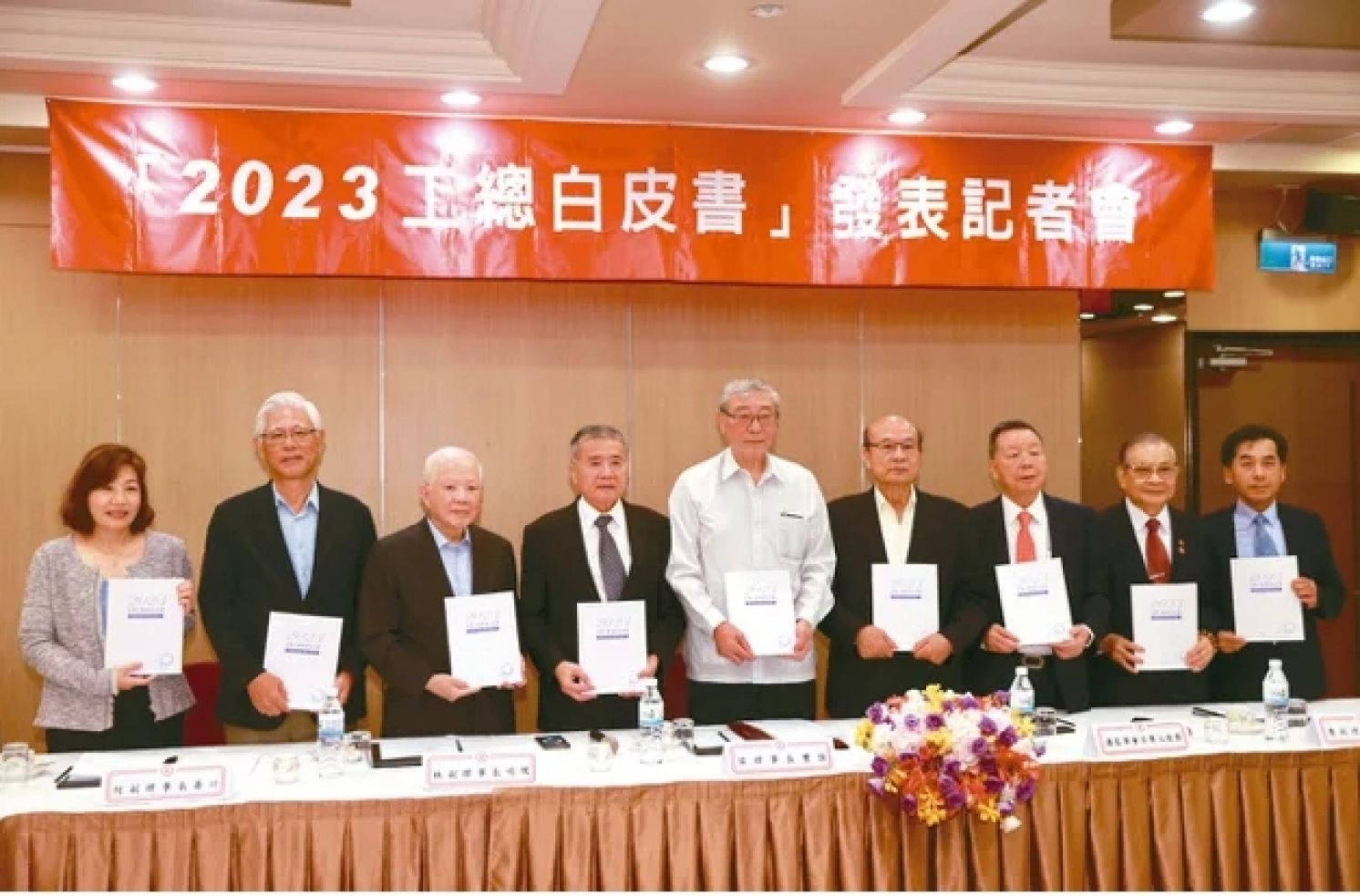
This Week in Taiwan 0806-0812
August 6: In an exclusive interview with the New York Times, Chairman Mark Liu of the Taiwan Semiconductor Manufacturing Company refuted the idea of the company being a "silicon shield." He stated that China will not invade Taiwan because of semiconductors and will not decide against invading Taiwan due to semiconductors. The decision rests entirely upon the United States and China on how they will maintain the status quo that both sides would like to keep.
August 7: One-year compulsory military service will resume in 2024, and various military units have expansion plans. The military police responsible for defending the capital city will expand from 5,600 to 11,000, and an additional military police battalion will be added south of Taipei. After the expansion of the Military Police Command, it will take the place of the Marine Corps and become the fourth military branch.
August 7: The Taiwan Carbon Solution Exchange was unveiled in Kaohsiung. Chairman Lin Hsiu-ming stated that domestic carbon rights trading is expected to start in the first half of next year. The exchange will also cooperate with credible international certification bodies to provide high-quality international carbon rights trading. Lin also explained two major rules of domestic carbon rights trading: First, it will only be open to legal entities, not natural persons. Second, secondary market transactions are not permitted, and there will be no derivative financial product transactions.
August 8: Taro Aso, former prime minister of Japan and current vice president of the Liberal Democratic Party, visited Taiwan. In a public speech commenting on the Asia-Pacific region, Mr. Aso stated that avoiding war is most important, and Taiwan should have the strength, determination, and ability to express deterrence. He called for like-minded countries like the United States, Japan, and Taiwan to face up to the need for deterrence and be prepared to fight a war. Mr. Aso is the highest-level ruling party official from Japan to visit Taiwan since the two countries severed diplomatic relations in 1972.
August 8: The Chinese National Federation of Industries (CNFI) released its white paper, indicating that the current state of affairs in the Taiwan Strait has become a major factor unfavorable to Taiwan's economic development. The CNFI hopes to resume pragmatic cross-strait exchanges and dialogue and hopes that after the election next year, the president-elect can hold a national conference on cross-strait relations to build cross-partisan policy consensus.
August 9: Kuomintang (KMT) presidential candidate Hou Yu-ih put forward his energy policy, aiming for a "Coal-Free Taiwan 2040" and formally including nuclear power as an energy option, a far cry from the "2025 Nuclear-Free Homeland" policy of the administration of President Tsai Ing-wen. Hou stated that if he is elected president next year, he will complete the inspection and maintenance work of the first, second, and third nuclear power plants in his first term, extend their operation safely, establish a committee to review the overall safety of the fourth nuclear power plant to safely restart the plant.
August 10: Mainland China's Ministry of Culture and Tourism announced the resumption of group tours to 78 countries and regions, excluding Taiwan. That the opening of cross-strait tourism is nowhere in sight has created frustration among travel industry professionals, who criticize that they have waited patiently for nothing. The Office of the President stated that it is willing to resume cross-strait group tours under the principle of reciprocity. The Executive Yuan stated that it will prioritize resuming mainland tourists residing outside mainland China to visit Taiwan.
August 12: Vice President William Lai set off for a visit to diplomatic ally Paraguay, transiting en route via New York on the way out and San Francisco on the way back. Since Lai is also the presidential candidate of the Democratic Progressive Party (DPP), observers are paying attention to his activities during transit. The White House reiterated that the "One China" policy has not changed, and it does not support Taiwan independence. Mainland China's Maritime Safety Administration announced that it will conduct military exercises in the East China Sea from August 12 to August 14, prohibiting ships from entering. The timing coincides with Lai's foreign visit.